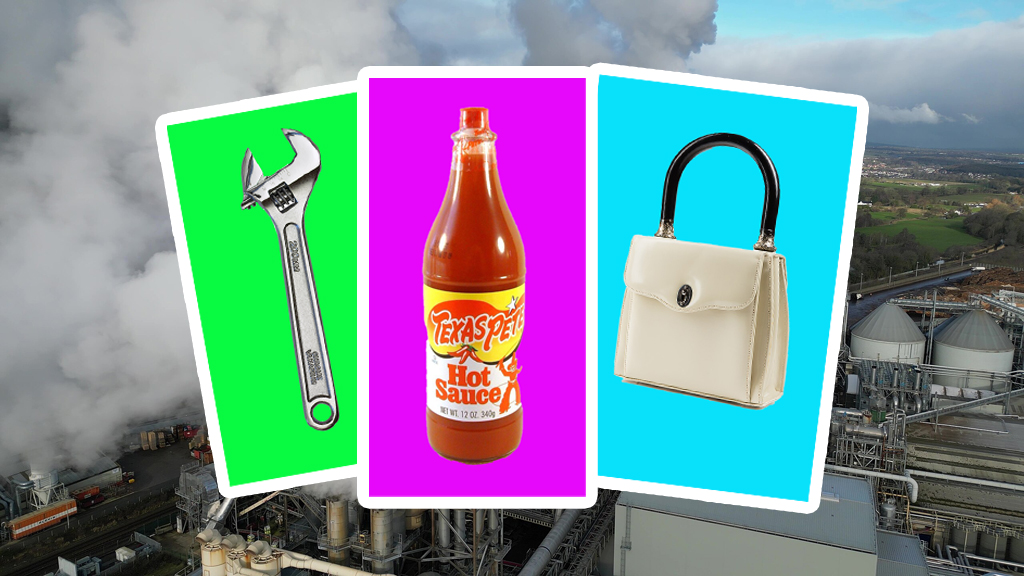This week we’re joined by Ilana Preuss of Recast City to talk about small scale urban manufacturing. We discuss the commercial side of economic development, the types of jobs we are creating, and how to build community wealth in left behind places. We also talk about hot planning topics such as jobs housing balance, economic multipliers, and spreading the retail peanut butter too thin.
At Streetsblog, we give you so many ways to enjoy Talking Headways. You could click the player below ...
... or you could read the full unedited transcript, though it might have some typos ...
... or you could read the excerpt below.
Ilana Preuss: So when I talk about small scale manufacturing, I am talking about any business that creates a tangible product that you can replicate or package. One of my shorthands for it is hot sauce, handbags or hardware. Sometimes it’s easier to think about it as artisans to advanced manufacturing. So it’s everybody who’s making stuff, which has really grown exponentially over the last decade.
If you think about all of the holiday popup markets and the people who are the amazing artisans selling things there, if you think about the manufacturing that is exploding all over the country, that’s doing domestic component creation for the aeronautical industry, right? So we have this happening in all different ways, direct to consumer and part of our domestic supply chain has plenty of challenges, but it is growing across the country.
What most people don’t realize is that they’re mostly under 50 employees. In fact, most of them are under 20 employees, which means that they’re fantastic neighbors for the most part. They’re modern manufacturing. They’re clean, they’re quiet, and it's really cool to walk by and see things being made.
So we work with communities to identify what are the small scale manufacturers that are in their community today, and what do they need to grow and to thrive in that community. And it’s this hidden economic engine in every community. It doesn’t matter if we’re working in downtown Atlanta. Or a small town in Colorado, population, 600 people are making things and selling them.
And so how do we build up that part of our economy and how do we then work with those businesses to create these great places that we know every community deserves in their downtown, in their neighborhood, Main Street, wherever it is.






